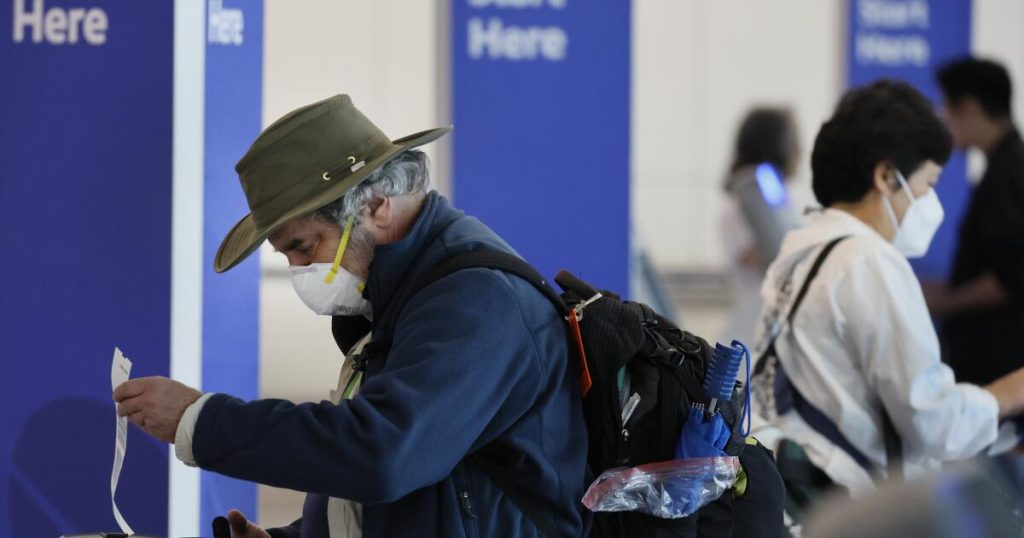
Winter cold and flu season is here, and Americans need to be on the lookout for another super-contagious virus, the most common gastroenteritis.
The United States experienced its biggest norovirus surge in December since at least 2012, according to data from the Centers for Disease Control and Prevention.
During the week of Dec. 5, state health departments recorded 91 separate outbreaks nationwide, according to the CDC. The next highest number of outbreaks in a week since 2012 was 65.
Data shows that outbreaks typically occur more widely in January and February, raising concerns that the surge could continue.
According to the CDC, most people infected with norovirus are transmitted directly from person to person through activities such as touching food or utensils. Restaurants, cruise ships, medical facilities, and schools are common infection points.
Additionally, the virus can be spread by contaminated food, water, and surfaces.
The U.S. Food and Drug Administration issued an advisory last week warning businesses and consumers not to serve or eat oysters from Washington state, Canada or South Korea that may be contaminated with norovirus.
The CDC reports about 2,500 outbreaks nationwide each year. However, real-time monitoring data covers only 14 states: Alabama, Colorado, Massachusetts, Michigan, Minnesota, Nebraska, New Mexico, North Carolina, Ohio, Oregon, South Carolina, Tennessee, Virginia, and Wisconsin.
According to the CDC, about half of all food-related illness outbreaks are caused by norovirus.
The most common symptoms of norovirus are vomiting, diarrhea, nausea, and abdominal pain. Symptoms usually improve within 1 to 3 days, but infected people can still spread the virus for several days after symptoms subside.
The best way to prevent the spread of the virus is to wash your hands, thoroughly cook shellfish, wash fruits and vegetables, clean and disinfect contaminated surfaces, and wash laundry in boiling water. , and stay home for two days after symptoms stop.
The main treatment for norovirus is hydration to replace the fluids the patient has lost. People with severe dehydration should seek medical attention, the CDC advises.
Source link




